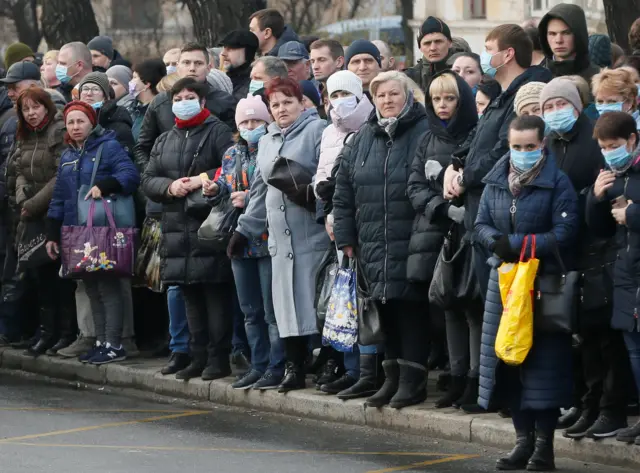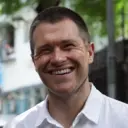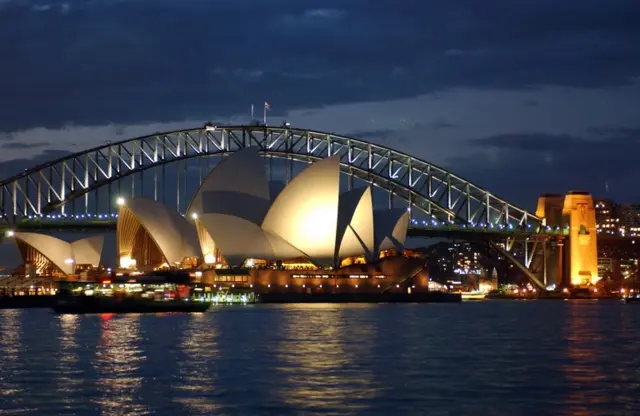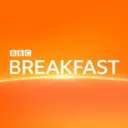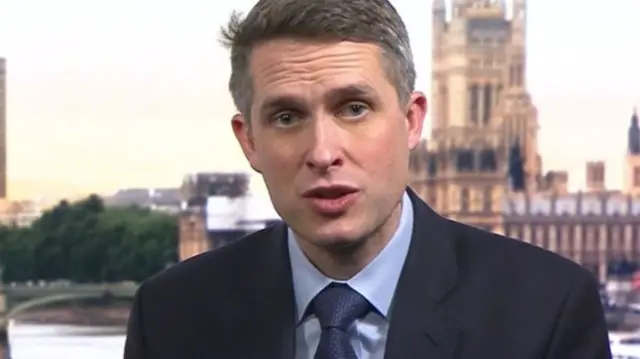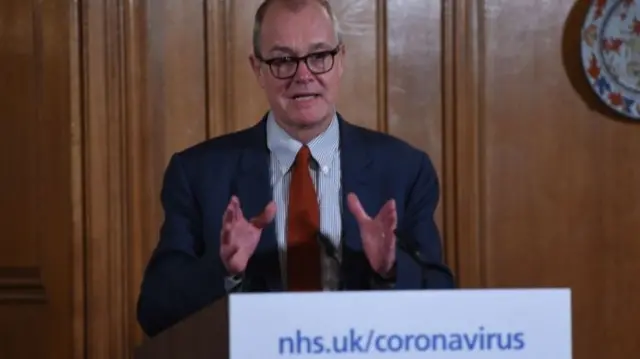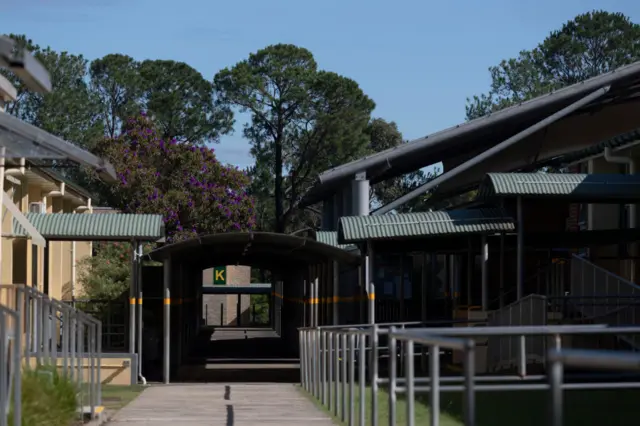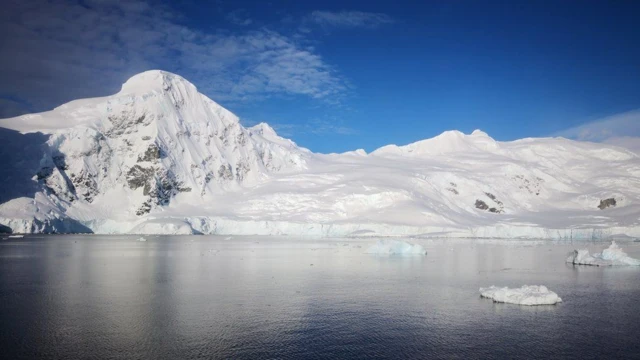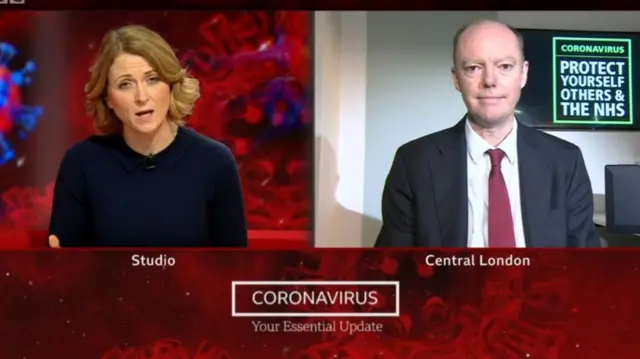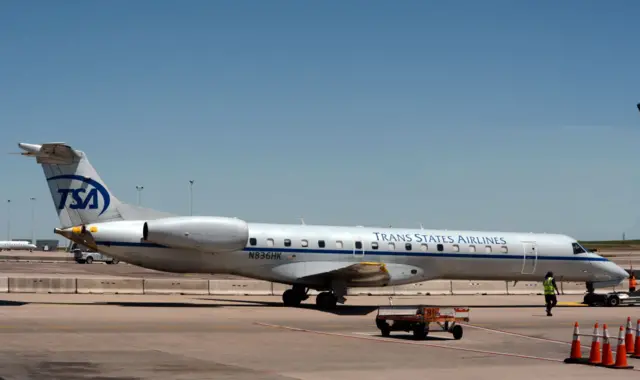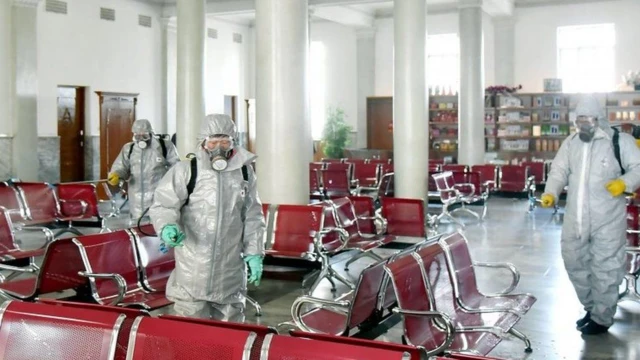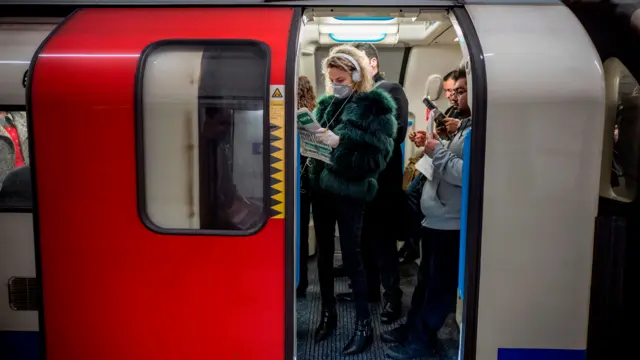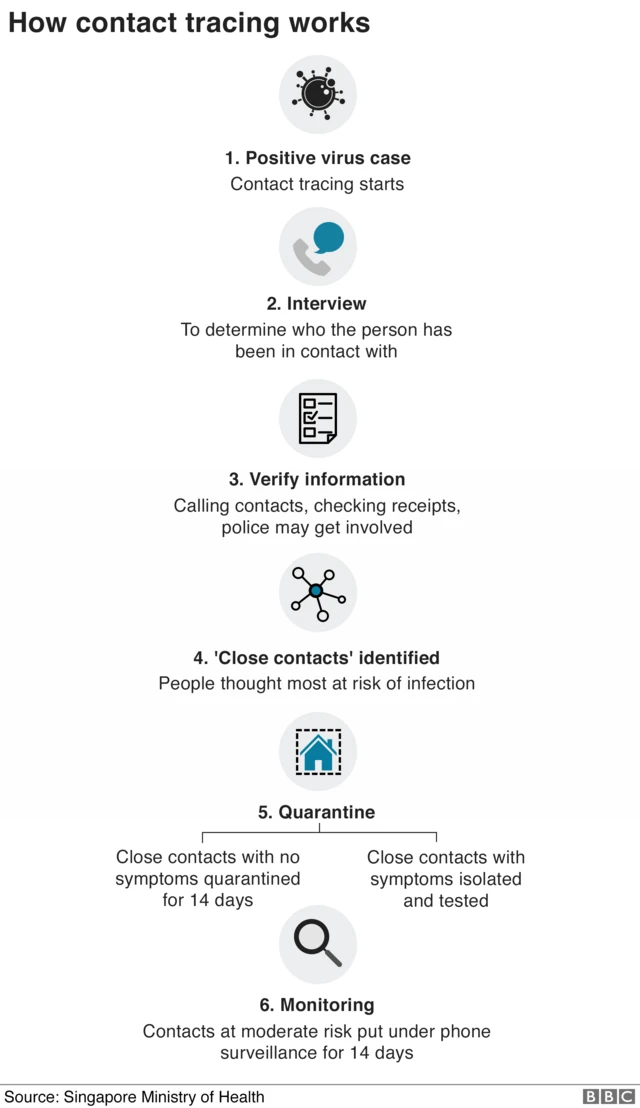How to self-isolatepublished at 09:22 GMT 19 March 2020
Until a few weeks ago in the UK, isolating yourself and distancing yourself from other people were seen as unusual, even a sign of being unwell. Now, they've become essential measures to stem the spread of the virus.
The two are not quite the same. Social distancing involves cutting down on non-essential travel and interactions, staying home if you're unwell, and not visiting social venues.
Self-isolation means you basically have to cut yourself off entirely from the outside world – here’s how to do it.
Coronavirus: How to self-isolate
